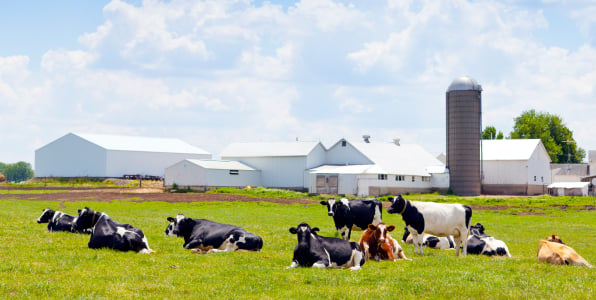Food System
We work every day on three fronts to save our planet — protecting food, safeguarding water, and preserving our climate.
- 1.A SAFE, SUSTAINABLE FOOD SYSTEM
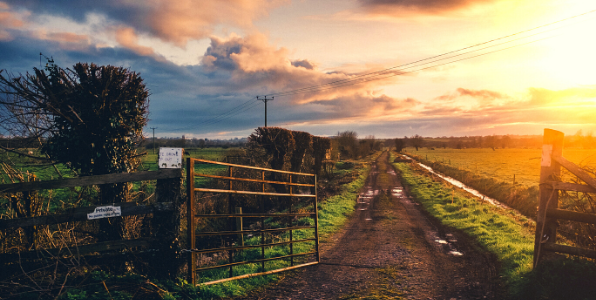
A safe, sustainable food system
It’s time to stop the monopolies that are endangering our food supply and ecosystem.
Monopolies profit at the expense of farmers, consumers and our environment.
- 2.FACTORY FARMS MAKE US SICK
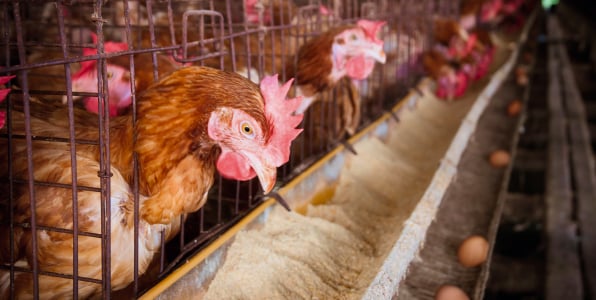
Factory farms make us sick
The damage caused by factory farms is insidious and affects everyone.
Factory farms are responsible for a rise in antibiotic resistance.
- 3. WORKERS DESERVE SAFE CONDITIONS

Workers deserve safe conditions
The well-being of food system workers directly affects us all.
Demanding that workers show up when sick puts us all at risk.
- 4. NOTHING’S SAFE IN INDUSTRIAL AGRICULTURE
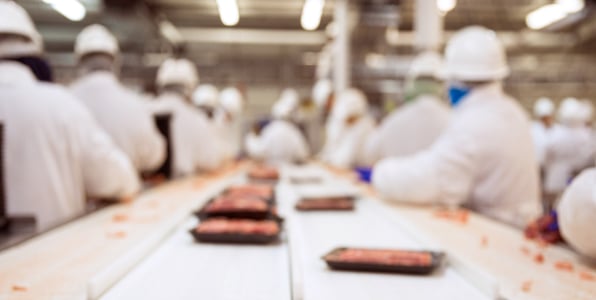
Nothing’s safe in industrial agriculture
Our food system would be safer for everyone if Big Ag weren’t controlling it.
Corporations keep agencies from properly inspecting our meat and endanger workers — all in the name of profits.
- 5. GMOS PLANT SEEDS FOR CORPORATE CONTROL
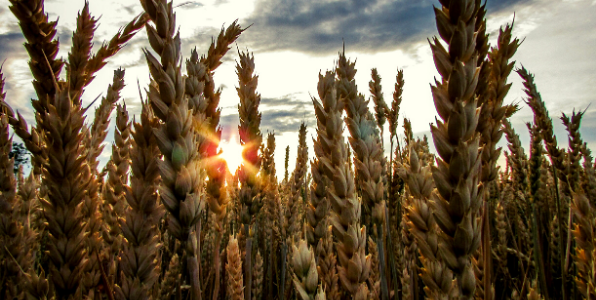
GMOs plant seeds for corporate control
The immediate harm from GMOs is felt by the farmers and land they’re forced upon.
GMOs aren’t about ending hunger. They’re about market control and profit.
- 6. WINNING REAL SOLUTIONS
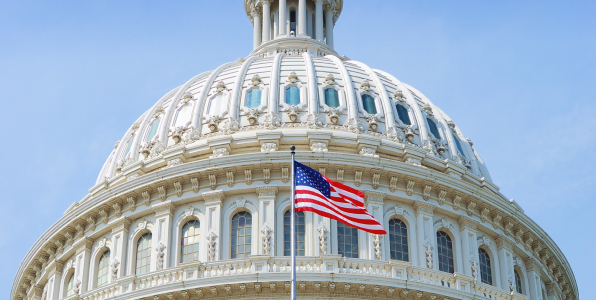
Winning real solutions
The change we need won’t happen by slapping a bandaid on the problems caused by corporations.
We were the first national org calling to ban factory farms — we’re closer than ever to winning.
- 7. Farms vs. factory farms



